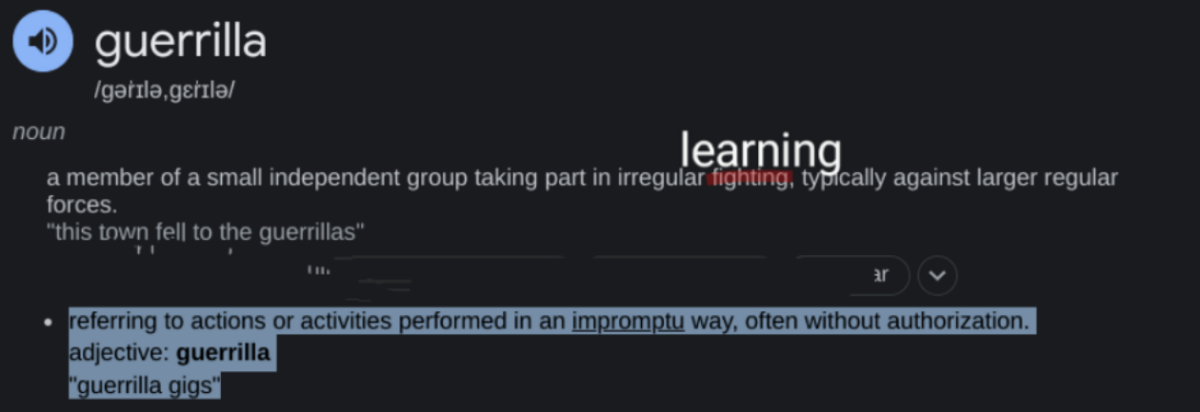Posthumanism: changing times and self-understanding
Place
The learning will be conducted through face-to-face meetings and this hub of communication.
Context
The human being understands itself as an individual agent and perhaps unique amongst things in that it originates action and is a source of value.
This modern self-understanding supports and maintains our theories of justice and rightness (who is to blame?), labour (who produced what?), property (who owns what?), intellectual property (essay writing, artistic creation), talent (who deserves what?), family (genetic choices for offspring), politics (who rules me?) and sports (who deserves to win?).
However, this certainty in one’s own place is weakening with the emergence of new technologies and new understandings. Human modifying technology (HMT) impacts (our) “self-understanding” against contexts of technology and changing interests. The main enhancements leading to transformation are genetic, morphological, pharmacological, robotic, intellectual and social and the main effects will be on:
Continue reading “Introduction to the learning approach”